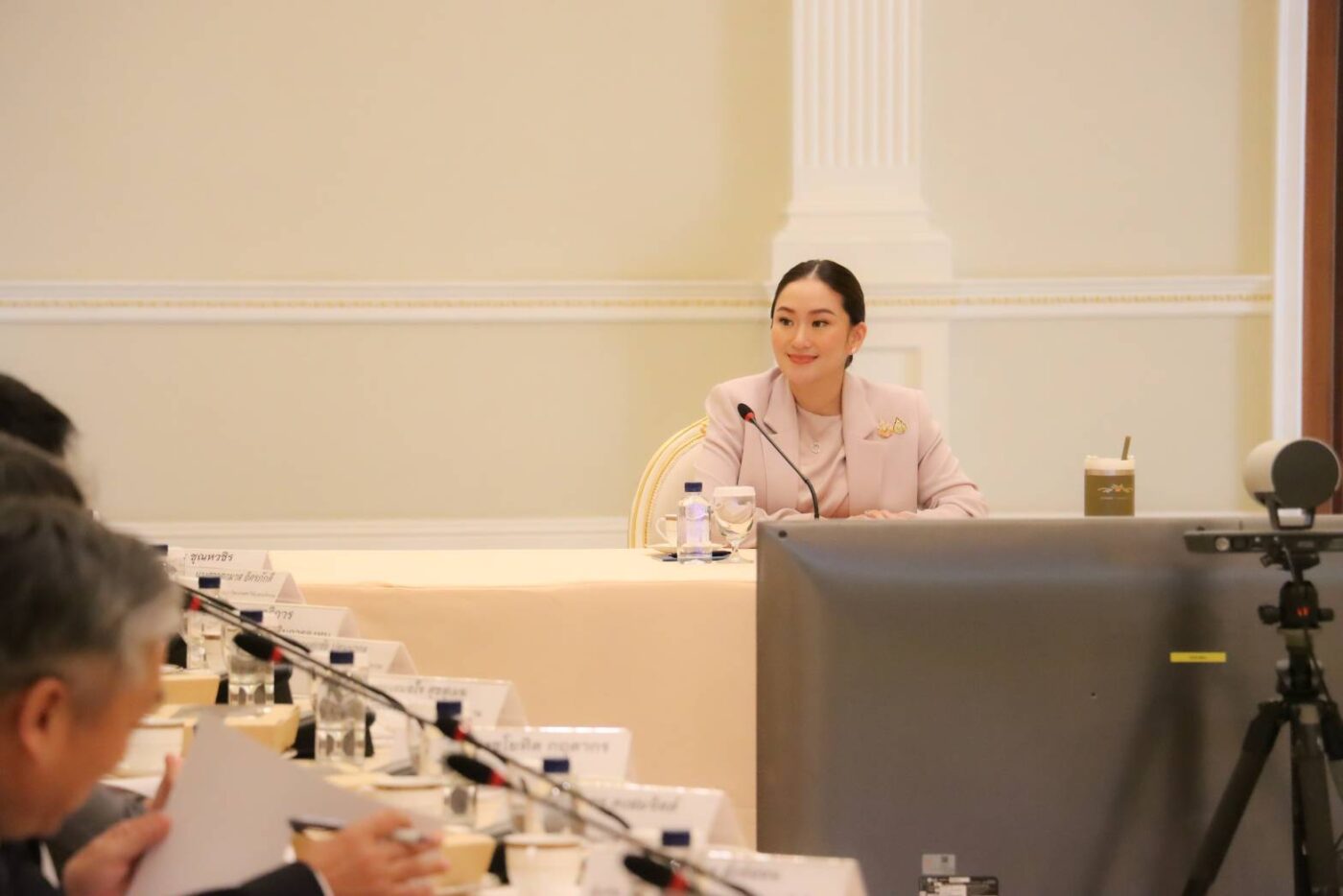Thailand expands EV and battery subsidy eligibility
The EV 3.0 package launched in 2022 stipulated that car manufacturers had to offset the imported vehicles with local production from the start of the subsidy programme until the end of 2023 – at a ratio of 1:1. In other words, for every imported e-car, one vehicle must be produced in Thailand in order to qualify for the subsidy programme. So far, 84,000 BEVs have been imported as part of the EV 3.0 package and 26 manufacturers have applied for subsidies.
With the prospect of this subsidy, Thailand has recently been able to attract numerous investments from the eMobility sector, such as BYD, GAC Aion and Hyundai. However, the market has not developed as expected in Thailand either, which is why some manufacturers are now struggling to sell locally produced vehicles in order to offset their imported vehicles and avoid losing the subsidy. Reuters had already reported in September that the car manufacturers wanted to renegotiate the subsidy conditions due to the market development.
In order to support the automotive industry, the Thai EV Board, which is chaired by Prime Minister Paetongtarn Shinawatra, has now decided to extend the deadline. The Thailand Board of Investment (BOI) announced that the part of the manufacturers’ production commitment that was not fulfilled under the first package will be transferred to the terms of the next incentive package.
The EV 3.5 package, introduced in 2024, stipulates that two vehicles will be produced for every vehicle imported under the programme in 2026. The ratio will increase to three vehicles for every vehicle imported in 2027. Manufacturers therefore now have until 2027 to fulfil the production obligation from the EV 3.0 package – but there is no renewed subsidy from the EV 3.5 package: the subsidies for the EV 3.5 package will only come into effect once production for the quantity transferred from the EV 3.0 measure has been completed.
“The measures approved today by the EV Board further demonstrate our commitment to electrification of the whole automotive industry and the full support we are providing to manufacturers during the transition,” said Narit Therdsteerasukdi, Secretary General of the Thailand Board of Investment (BOI), who is also the secretary of the EV Board.
Thailand first introduced EV incentives in early 2022 with the goal of converting half of the country’s total car production to electric vehicles by 2030. In 2021, the country had also stipulated that only electric vehicles would be allowed to be sold from 2035. At the time, a package of 40 billion baht (US$1.2 billion or 1.1 billion euros) was to be invested in the EV industry between 2023 and 2025. A subsidy for electric buses and trucks was also introduced in early 2024.





0 Comments